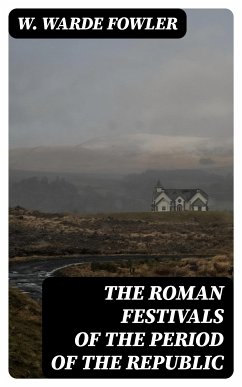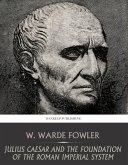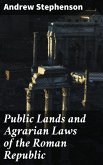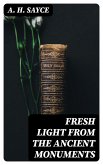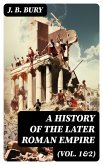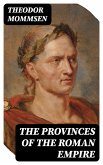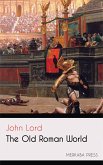In "The Roman Festivals of the Period of the Republic," W. Warde Fowler meticulously explores the rich tapestry of religious festivities that characterized ancient Rome prior to the rise of the Empire. Fowler's literary style is characterized by rigorous scholarship and a clear, engaging prose that invites readers into the complex interplay between religion, politics, and societal norms. This work is situated within the context of classical studies and archaeology, employing both primary sources and contemporary scholarship to illuminate the significance of festivals as a reflection of Roman values and communal identity. W. Warde Fowler, a prominent classical scholar and a member of the British Academy, dedicated much of his academic career to the study of ancient Rome. His extensive knowledge of Roman culture, history, and religion, coupled with his belief in the importance of understanding the cultural fabric of ancient societies, profoundly influenced his writings. Fowler's scholarly background and contextual knowledge shine through as he examines how these festivals shaped public life and reinforced social cohesion in the Republic. This book is highly recommended for historians, archaeologists, and literature enthusiasts alike, offering a profound understanding of how festivals influenced not only the religious landscape of ancient Rome but also its politics and social dynamics. Fowler's work invites readers to reflect on the enduring legacy of these traditions and their relevance in today's cultural discourse.
Dieser Download kann aus rechtlichen Gründen nur mit Rechnungsadresse in A, B, BG, CY, CZ, D, DK, EW, E, FIN, F, GR, H, IRL, I, LT, L, LR, M, NL, PL, P, R, S, SLO, SK ausgeliefert werden.

